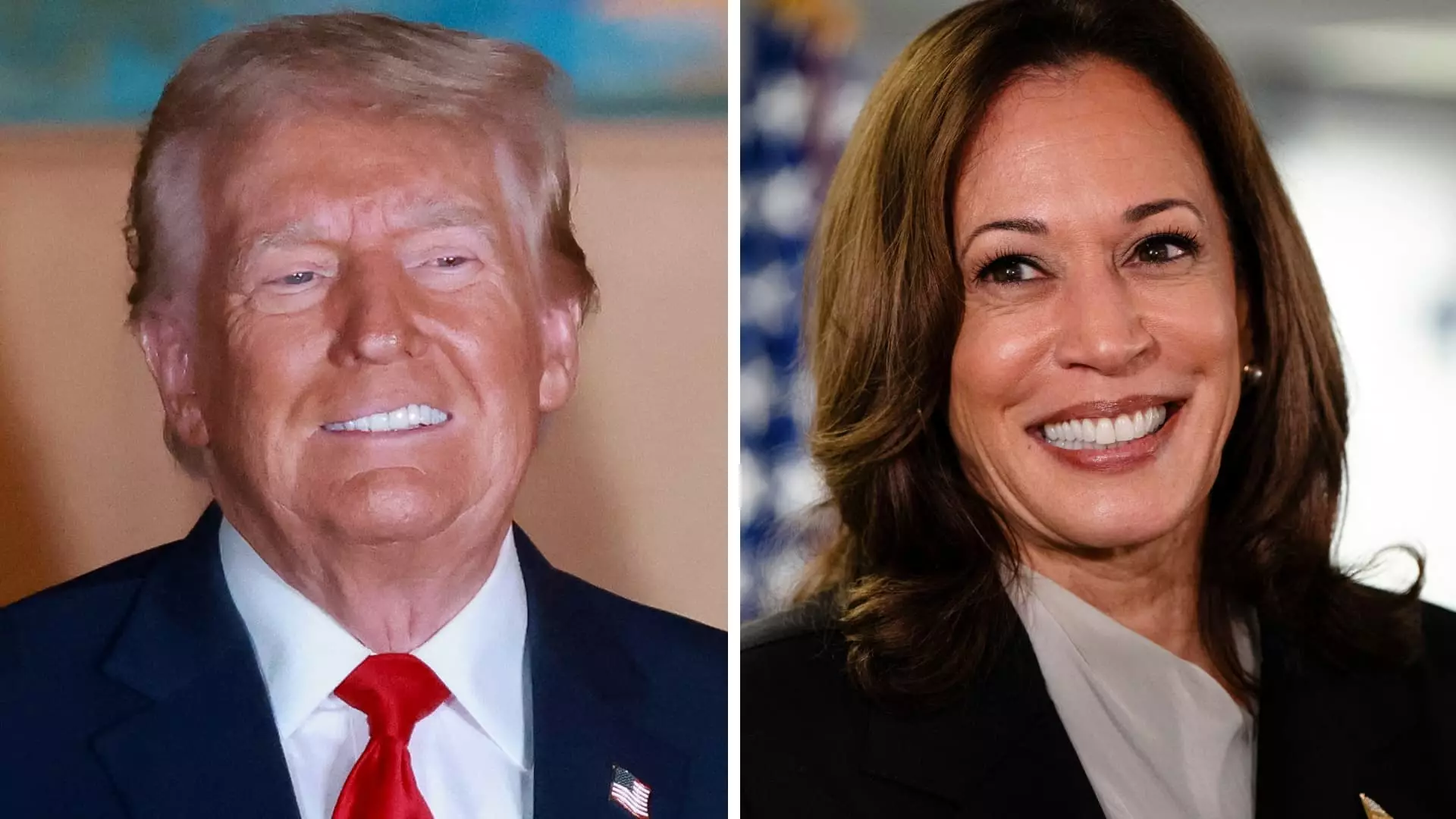The landscape of American politics continues to evolve, particularly as the election season unfolds, bringing with it a surge in financial contributions from the affluent. Reports from August reveal significant donations made to various super PACs that support prominent political figures, including Vice President Kamala Harris and former President Donald Trump. The influx of donations underscores the profound impact that wealth and large contributors have on the democratic process, raising important questions regarding equity and influence in the electoral system.
Wealthy Contributors Take Center Stage
As the Federal Election Commission (FEC) detailed in its latest filings, August saw a notable level of engagement from high-net-worth individuals who strategically channeled their resources into super PACs. These independent expenditure-only committees offer a unique platform for wealthy donors to amplify their political preferences without the contribution limits imposed on traditional campaign financing. This absence of limits makes super PACs particularly attractive, enabling contributors to exert considerable influence over elections and political messaging.
The most prominent donations were directed towards MAGA Inc., a super PAC supporting Donald Trump. Among the most significant contributors was Diane Hendricks, a billionaire philanthropist and GOP megadonor, who made headlines with her stunning $10 million donation. This level of financial commitment illustrates not only her backing for Trump but also highlights the crucial role of financial backing in American political campaigns. Other noteworthy donations to MAGA Inc. included $5 million from financial giant Howard Lutnick and hedge fund executive Paul Singer, while additional contributions flowed from other significant figures, showcasing a network of wealthy donors consolidating their support around the Republican candidate.
Conversely, the Democratic side witnessed substantial support for the Future Forward PAC, which champions Kamala Harris’s presidential aspirations. Notable tech magnates showed their commitment to the Democratic cause with significant donations, most notably Dustin Moskovitz, who donated $3 million, followed closely by Reed Hastings and the Lawson family, who collectively contributed another $3 million. Their involvement in the electoral process reflects the financial strategies employed by tech entrepreneurs, who recognize the power of political contributions in shaping the landscape of governance.
The Dynamics of Charitable Giving and Political Influence
The large sums in question raise critical discussions about the merging of philanthropy and political influence. Many donors, such as Hastings, have publically advocated for political change within their party, indicating that their financial support may also serve as a platform to express their political ideologies. Hastings himself was vocal earlier in the year about his concerns regarding President Biden’s re-election capabilities, illustrating the layered motivations that accompany such hefty contributions.
Interestingly, the reports do not just illuminate the contributions made to the presidential bids but extend to congressional races as well. Super PACs such as Club for Growth Action have attracted substantial donations earmarked for GOP congressional and Senate candidates. Major Republican contributors like Jeff Yass and Richard Uihlein each made $5 million contributions, further solidifying the notion that the wealthiest individuals are pivotal in shaping the legislative landscape.
However, it’s not all one-sided. The House Majority PAC, dedicated to boosting Democratic candidates, received a $600,000 donation from Amos Hostetter Jr., highlighting that affluent contributions span across party lines. This underscores an essential truth in American politics—regardless of party affiliation, access to financial resources significantly impacts the political battlefield.
As we observe the growing trend of financial contributions from the wealthy to super PACs, it becomes increasingly apparent that such dynamics contribute to a disproportionate influence in politics. This flood of donations raises vital questions about representation and the health of democracy. With the looming election cycle, the conversations focusing on campaign finance reform become even more salient. How can the American political landscape ensure that every voice is heard, not just those backed by deep pockets? As super PACs continue to dominate fundraising, the challenge remains to strike a balance between free speech, as represented by financial contributions, and the essential principles of democratic representation.

